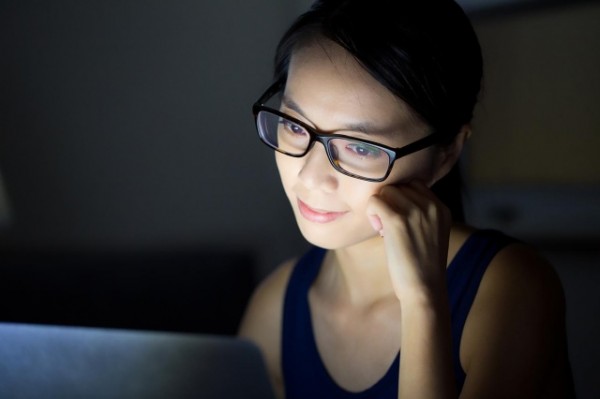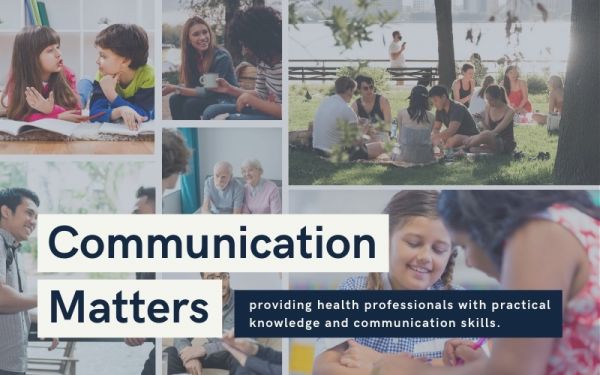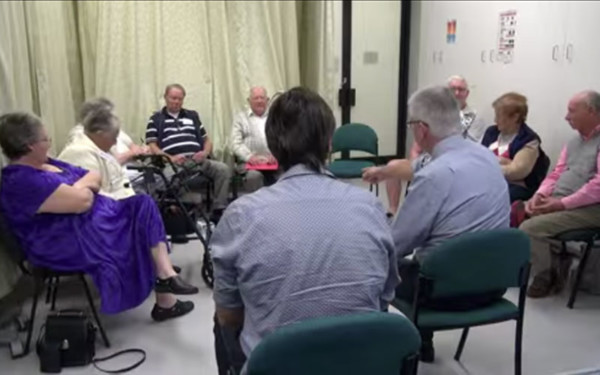
Is blue light keeping you up at night? We ask the experts
[fusion_builder_container background_color=”” background_image=”” background_parallax=”none” enable_mobile=”no” parallax_speed=”0.3″ background_repeat=”no-repeat” background_position=”left top” video_url=”” video_aspect_ratio=”16:9″ video_webm=”” video_mp4=”” video_ogv=”” video_preview_image=”” overlay_color=”” overlay_opacity=”0.5″ video_mute=”yes” video_loop=”yes” fade=”no” border_size=”0px” border_color=”” border_style=”” padding_top=”20″ padding_bottom=”20″ padding_left=”” padding_right=”” hundred_percent=”no” equal_height_columns=”no” hide_on_mobile=”no” menu_anchor=”” class=”” id=””][fusion_builder_row][fusion_builder_column type=”1_1″ last=”yes” spacing=”yes” center_content=”no” hide_on_mobile=”no” background_color=”” background_image=”” background_repeat=”no-repeat” background_position=”left top” hover_type=”none” link=”” border_position=”all” border_size=”0px” border_color=”” border_style=”” padding=”” margin_top=”” margin_bottom=”” animation_type=”” animation_direction=”” animation_speed=”0.1″ animation_offset=”” class=”” id=””][fusion_text]There’s a lot of evidence that blue light, emitted by smartphones, tablets, laptops, and many other electronic devices, is impacting on the quantity and quality of the sleep we are getting. Darkness is a natural cue to our bodies that it’s time for sleep, but we’re circumventing it by staring at bright screens for hours after the sun has gone down.
You can decrease your exposure to blue light in a variety of ways, beyond turning off all the light sources. There are special filters, glasses, light bulbs, and even software you can use. But, before we get into that, let’s delve into the science behind it. Read more…[/fusion_text][/fusion_builder_column][/fusion_builder_row][/fusion_builder_container]








Responses